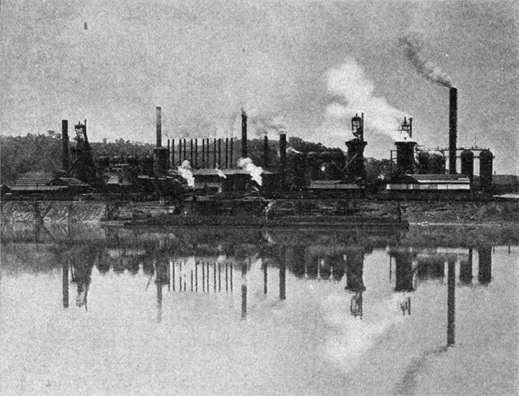Automation Sets Us Free
Excerpted from “Research and Labor: A Chemist Looks at Modern Life,” in the December 1929 issue of The Technology Review, by Arthur D. Little, founder of the management consulting firm that bears his name.

We are living in the age of science, the machine, and mass production. Like all the ages which have gone before, it is not without its contemporary critics. They would have us believe that … the worker has become the slave of the machine, and that mass production has engulfed us in materialism, converted the craftsman into the tightener of the bolt, and robbed the world of beauty … All this, if true, would be, indeed, a sorry outcome of the long series of intellectual triumphs which, during the last one hundred and fifty years, have given man so large a measure of mastery over his environment …
What, then, is the actual relation of the worker to the machine, and what is the relation of the machine itself to society at large? … For many years manual workers entertained the fallacy that there is only so much work to be done in the world. Since its amount seemed to them hardly sufficient to keep them all employed, it appeared obvious that any device that enabled one man to do the work of two must deprive the second man of his job.
The typewriter undoubtedly displaced some copying clerks, but it provided employment for a far greater number of typists … and provided jobs for thousands in factories for manufacturing the machines and their accessories … The introduction of pneumatic tools like the riveter, drill, and stone chisel undoubtedly, for a time, deprived some men of work, but they so facilitated metal and stone work, the sinking of foundations, and the fabrication of steel structures …
The many excellent persons who anticipate with horror the ultimate standardization of the world through mass production should realize that the field of mass production is very definitely limited and its extension subject to check by many factors. Powerful among them are the demands of style, the desire for individual expression in clothes and surroundings, and the purchases resulting from what Veblen calls ‘pecuniary emulation,’ which, in the American vernacular, means ‘keeping up with the Joneses’ …
Mass production is here to stay, however, and the charge that it is incompatible with beauty cannot be lightly dismissed … But even in a machine age there is still hope for the creative arts. The machine is saving us much time. We produce, transport, and distribute the necessities of life with the expenditure of a small fraction of the time and effort required of our forefathers. The time cost of living has gone down. The machine is creating leisure, and we now need schools to instruct us in its use.”
Keep Reading
Most Popular
Large language models can do jaw-dropping things. But nobody knows exactly why.
And that's a problem. Figuring it out is one of the biggest scientific puzzles of our time and a crucial step towards controlling more powerful future models.
How scientists traced a mysterious covid case back to six toilets
When wastewater surveillance turns into a hunt for a single infected individual, the ethics get tricky.
The problem with plug-in hybrids? Their drivers.
Plug-in hybrids are often sold as a transition to EVs, but new data from Europe shows we’re still underestimating the emissions they produce.
Stay connected
Get the latest updates from
MIT Technology Review
Discover special offers, top stories, upcoming events, and more.